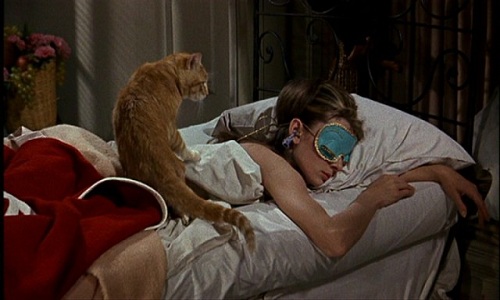That’s why we need to sleep in total darkness
We need to keep our bedrooms as dark as we can and avoid the blue light before we go to bed.
The modern bedroom is full of lights and electronic gadgets, computer monitors and a wake-up radio, besides the almost invisible smartphones that vibrates and shines alongside us.
What science tells us is that continuous exposure to light at night leads to a number of health problems.
To understand why exposure to light at night is something tough, we must consider human evolution.
Before the Stone Age, human beings were exposed only to two types of natural light, responsible for regulating rhythm.
During the day there was sun, meanwhile during the night was the moon and the stars and maybe the light of the fire.
This day-night scheme has built the entire biological program.
Nowadays we have artificial light at night. This indoor enlightenment is less powerful than sunlight, but is more powerful than the moonlight and stars, a difference that influences a variety of biochemical reactions, including cortisol and melatonin production.
And the latter is the key to understanding why light at night makes us harm.
This biochemical composition is produced by the brain glands at night, when it is dark, to adjust our sleep and waking cycle.
This lowers blood pressure, glucose levels and body temperature, our physical response to a good sleep.
The part of the brain that controls the biological clock is a group of cells in the hypothalamus.
These cells respond to visible and dark signals. The optic nerves of our eyes perceive the light and alert the brain that it is time to awaken.
These signals also trigger other processes, such as increased body temperature and cortisol hormone production (stress hormone)
Our cortisol levels are relatively low overnight, allowing us to sleep and are taller during the day, allowing stabilization of the energy levels and functioning of the immune system.


